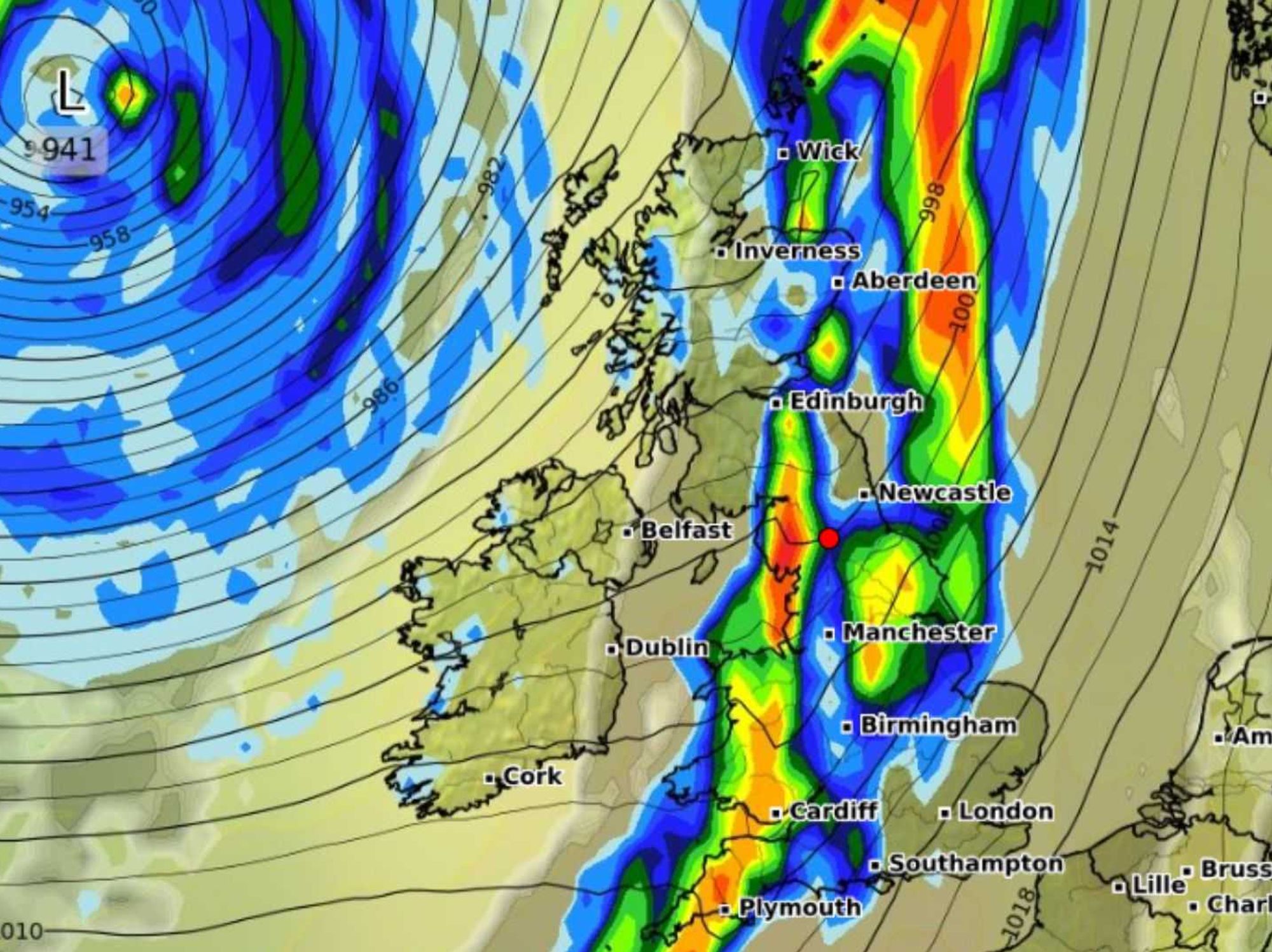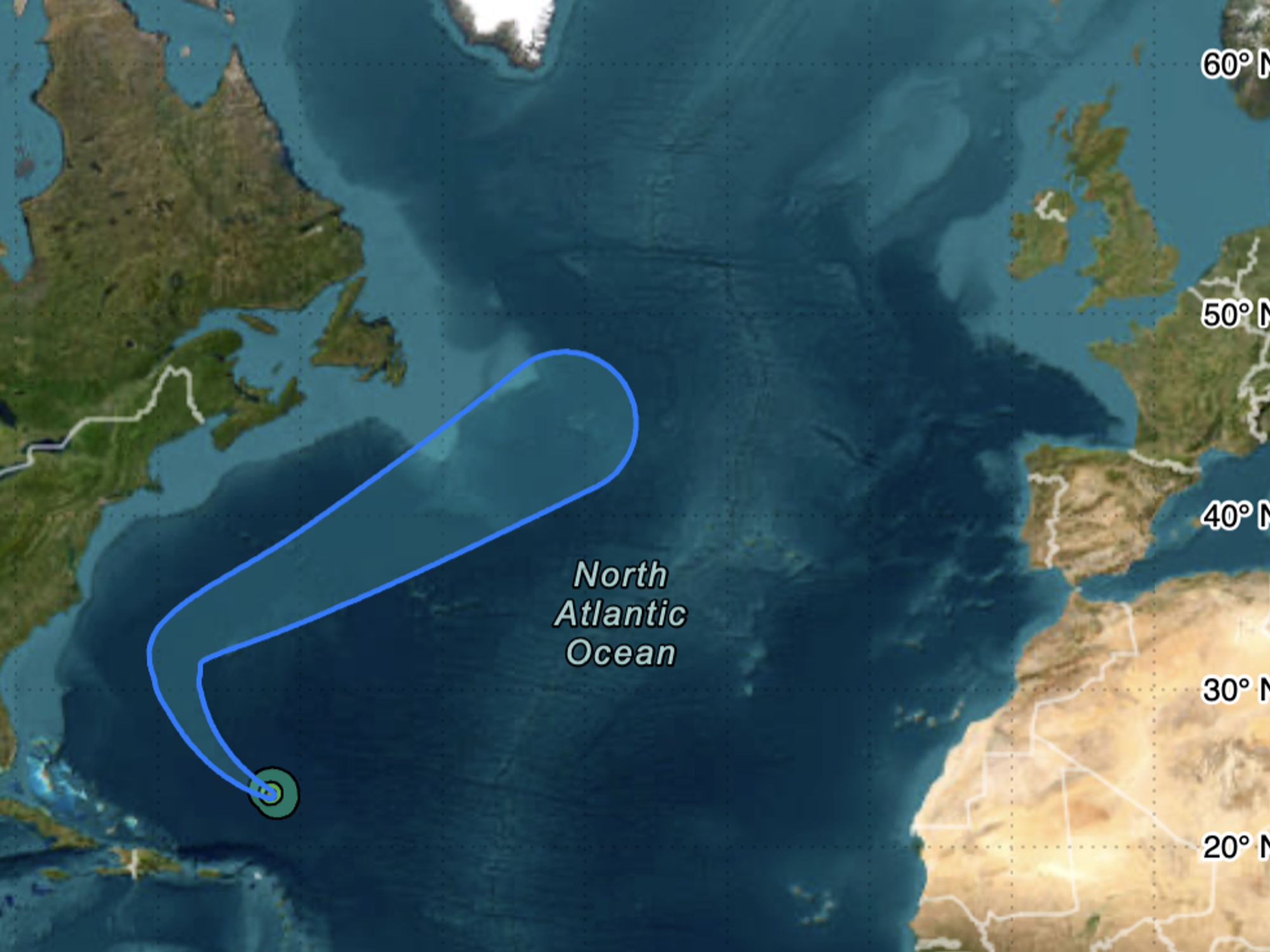Prince William reveals 'stresses' he faced as an air ambulance pilot at mental health event
The Duke of Cambridge says 'mental health is, and will remain, a firm priority for the UK’s emergency services'
Don't Miss
Most Read
The Duke of Cambridge has hailed an “unprecedented agreement” signed by the emergency services to adopt a package of mental health support for their workers.
William said the development will send a “powerful message to all emergency responders“ that the issue of mental health will remain a “firm priority”.
Speaking during the Royal Foundation’s Emergency Services Mental Health Symposium in London, the duke gave a personal account of the mental health issues he faced when flying helicopters for RAF Search and Rescue and later the East Anglian Air Ambulance.
He described how he would return to Kate and their children “… with the stresses and strains of the day weighing on my mind, and wanting to avoid burdening my family with what I had seen”.
Health Secretary Sajid Javid and Metropolitan Police Commissioner Dame Cressida Dick joined emergency services leaders, frontline workers, policymakers and academics at the event to hear William announce that senior leaders, representing national bodies of the emergency services community, have signed the Mental Health at Work Commitment.
The duke added: “This is an unprecedented agreement, and it sends a powerful message to all emergency responders that mental health is, and will remain, a firm priority for the UK’s emergency services.
“It means that, for the first time, a uniform set of standards for supporting the mental health of emergency responders will be adopted and integrated into their workplaces.
“New resources and tools will be rolled out across the services. And the independent oversight bodies will be able to assess organisations’ work in this area against consistent criteria, which will help change culture and hold leadership to account.”
During the event William told one of the guests he “misses the uniform” and in his speech said supporting the mental health of the emergency services was extremely “personal” to him and he often thought about his past role.
He said: “I remember the pressure of attending calls in the most stressful conditions, sometimes with tragic conclusions.
“I remember the sense of solidarity with my team, pulling together to do the best we could and sharing the weight of responsibility.
“I also remember returning home with the stresses and strains of the day weighing on my mind, and wanting to avoid burdening my family with what I had seen.”
Alongside the new commitment, the duke announced the launch of Blue Light Together – a package of support designed for emergency service personnel, serving and retired, and their families.
Developed by William’s Royal Foundation and its partners, the project includes information and advice to help emergency responders with their mental health, real-life stories and tips from serving personnel, and guides for employers so that they can support wellbeing.
Speaking directly to the frontline workers sitting in front of him, he added: “The work you do is some of the toughest out there, and we owe you an enormous debt of gratitude.
“I would only ask that you look out for your own wellbeing, just as you tirelessly care for everyone else’s.”
Later the duke met some of the emergency responders, including Dr John Chatterjee, of London Air Ambulance.
Dr Chatterjee said afterwards: “He said he misses the uniform and I think it’s that rush you have in all of us in the job, a balancing act between being serious, exciting and rewarding and that’s the thing that people miss when they leave the service and retire.”
On stage during the two-hour symposium, Dame Cressida hailed William’s “passion” and “sheer hard work” on mental health support for frontline workers.
She said: “We are deeply grateful for your work and (what) the foundation has been doing in the last few years in relation to mental health. It has made a huge difference.”
The Commissioner said the Met Police had lost 70,000 working days last year due to mental health issues and 70% of all frontline workers have said their mental wellbeing has deteriorated since the pandemic.
She added “They are not superhuman” but will help “drive wellbeing”.
Mr Javid said it was “humbling too see extraordinary lengths they go to keep us safe”.
He added his brother, Bas Javid, is a Met Police officer and suffers “bruises and cuts” but “we don’t talk about the mental ones”.











